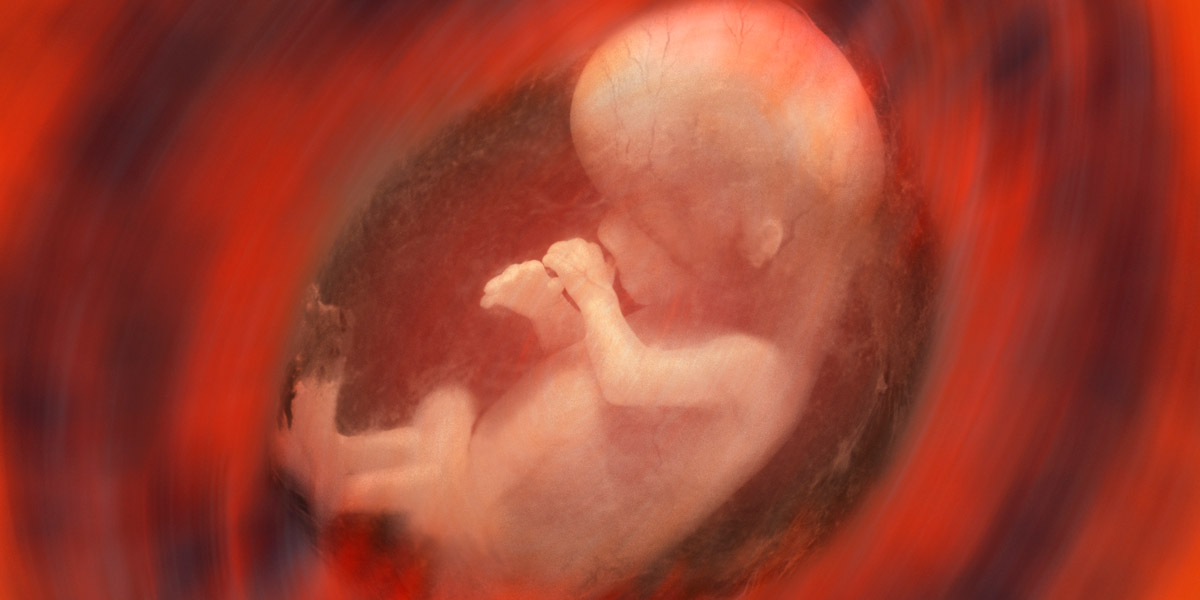
International Summit on Human Genome Editing fails to strongly condemn scientist who claims to have genetically engineered babies
The Organizing Committee of the Second International Summit on Human Genome Editing has issued a weak statement on the actions of the Chinese scientist, He Jiankui, who claims to have genetically edited the genomes of human embryos – resulting in the live births of genetically engineered twins.
While the Committee concedes that He Jiankui's claimed actions were "irresponsible and failed to conform with international norms", it then proceeds to give advice on what it sees as an acceptable "translational pathway to germline editing".
Commenting on the statement, Dr David King, Director of Human Genetics Alert, said: “Instead of acting robustly to prevent further such designer baby experiments, all the organisers of the genome editing summit can manage is to tell us that they are ‘disturbed’, whilst talking about a pathway to normalising them. Nothing could be clearer now than the need for civil society and lawmakers to act, despite scientists’ bleatings about ‘the dangers of overregulation’. We call upon international civil society and the UN to establish an international convention banning human reproductive cloning and genetic engineering. In particular, the onus is upon China to prove that it is not the Wild West of genetic engineering.
"When the dust has settled, it will be clear to all that while He Jiankui is the cartoon villain of this piece, the stage was set for him by the US National Academy of Science, and the Nuffield Council on ‘Bioethics’, whose reports Jiankui used in ethical justification of his actions. He Jiankui will feel that he has got away with nothing but a mild slap on the wrist from his peers.
“Despite the total lack of medical need for this research or any other attempts to create genetically engineered designer babies, and the disastrous social consequences of a new eugenics, a ‘bioethics’ dominated by scientists has clearly degenerated to the point where it is incapable of saying ‘no’ to anything. Rather, it is now a technocratic tool for engineering policy approval of each and every new scientific technique. In this case, the 2015 summit’s proviso that no such experiments should proceed without ‘broad societal consensus’ has been replaced with a vague criterion of ‘attention to societal effects’, as part of the pathway to commercialisation and a market in designer babies.”
Civil society statement condemns He Jiankui’s claims and actions
In a statement, more than 100 civil society organizations (including GMWatch), public interest advocates, scholars, health practitioners, scientists, and others called on the organizers of the Second International Summit on Human Genome Editing to clearly condemn the actions of He Jiankui.
The statement was circulated via email and listservs over a 24-hour period on November 27 and 28 by the Center for Genetics and Society and Human Genetics Alert. It expresses civil society’s dismay and outrage at He Jiankui’s claims and actions, and asks the summit organizers to call on governments and the United Nations to establish legally enforceable moratoria on any further such experiments.
The statement warns that without enforceable prohibitions, a runaway international competition for primacy in human inheritable genetic engineering could exacerbate social inequality and discrimination. This would be especially dangerous at a time of resurgent racism, xenophobia, and socio-economic disparity.
The current situation casts serious doubt on the idea that voluntary scientific guidelines can effectively and responsibly regulate human gene editing, especially because He Jiankui cites a 2017 report by the National Academies of Sciences as a “green light” to go ahead. That report departed from the globally widespread policy agreement against any reproductive use of human genetic engineering. The international scientific leaders gathered in Hong Kong should now demonstrate leadership by calling for binding, enforceable policies that can prevent further steps towards an era of free-market eugenics.
Dr David King said: “If scientific leaders don’t act, it’s time for people to take away their licence to operate, as we did with GM food in Britain. The horrifying history of eugenics in the 20th century should show the disastrous consequences of going down this path, and it should not be forgotten that China still has a eugenics law on its statute books. It should act immediately to prohibit such experiments, and ensure that He Jiankui is prosecuted as a warning to others.”
Marcy Darnovsky, PhD, executive director of the Center for Genetics and Society said, “If Dr He’s claims are true, his conduct amounts to unethical and reckless experimentation on human beings, and a grave abuse of human rights. For decades, policy makers, scientists, and public interest groups around the world have called for a moratorium or ban on altering the genes of future children and generations. These experiments violate the closest thing to a policy consensus we have, and would be illegal in dozens of countries.”
The civil society statement to the organizers of the Second International Summit on Human Genome Editing and the list of signatories is online:
https://www.geneticsandsociety.org/internal-content/civil-society-statement-organizers-second-international-summit-human-genome